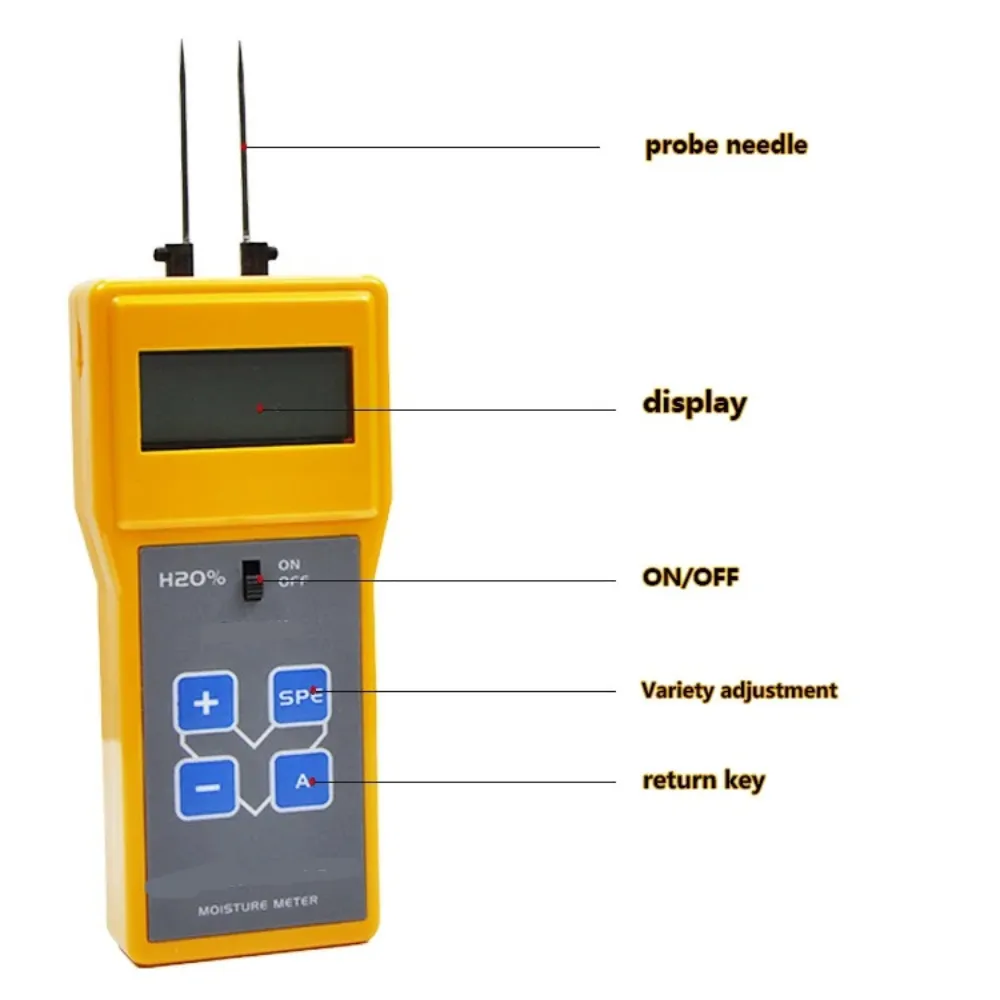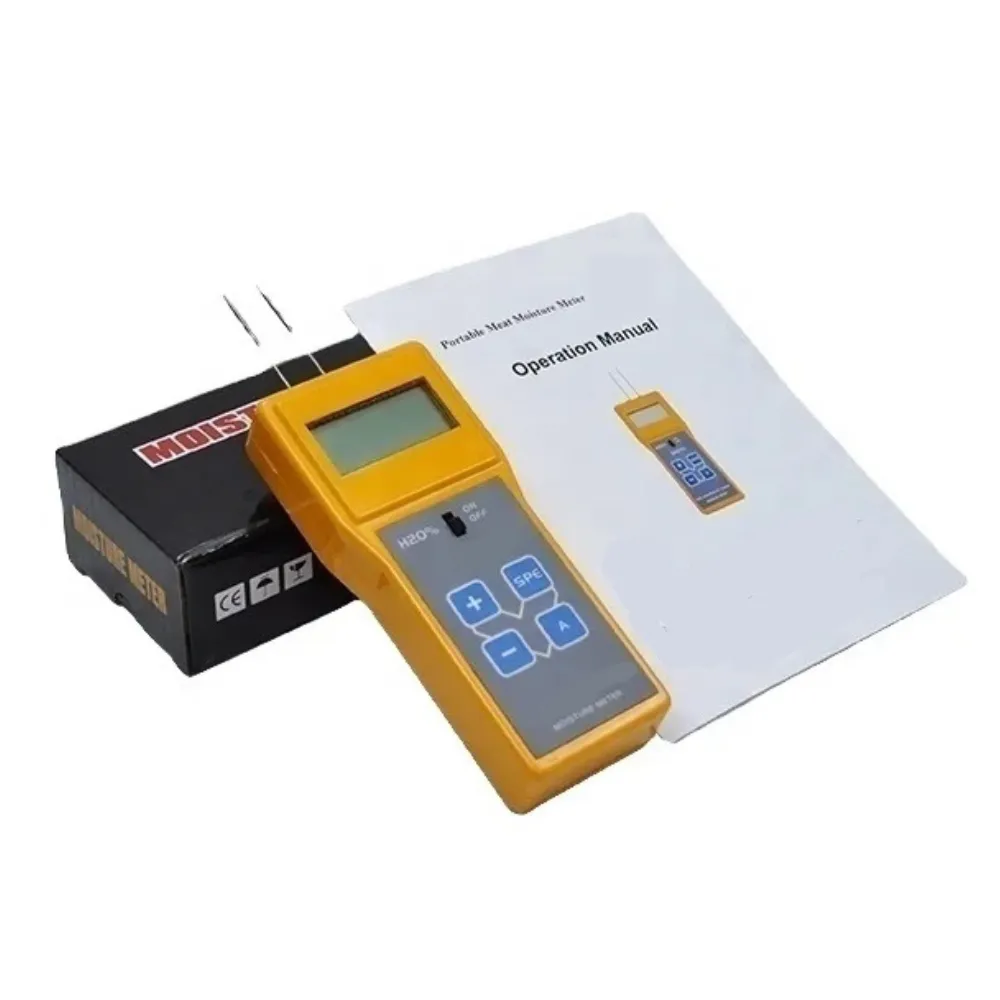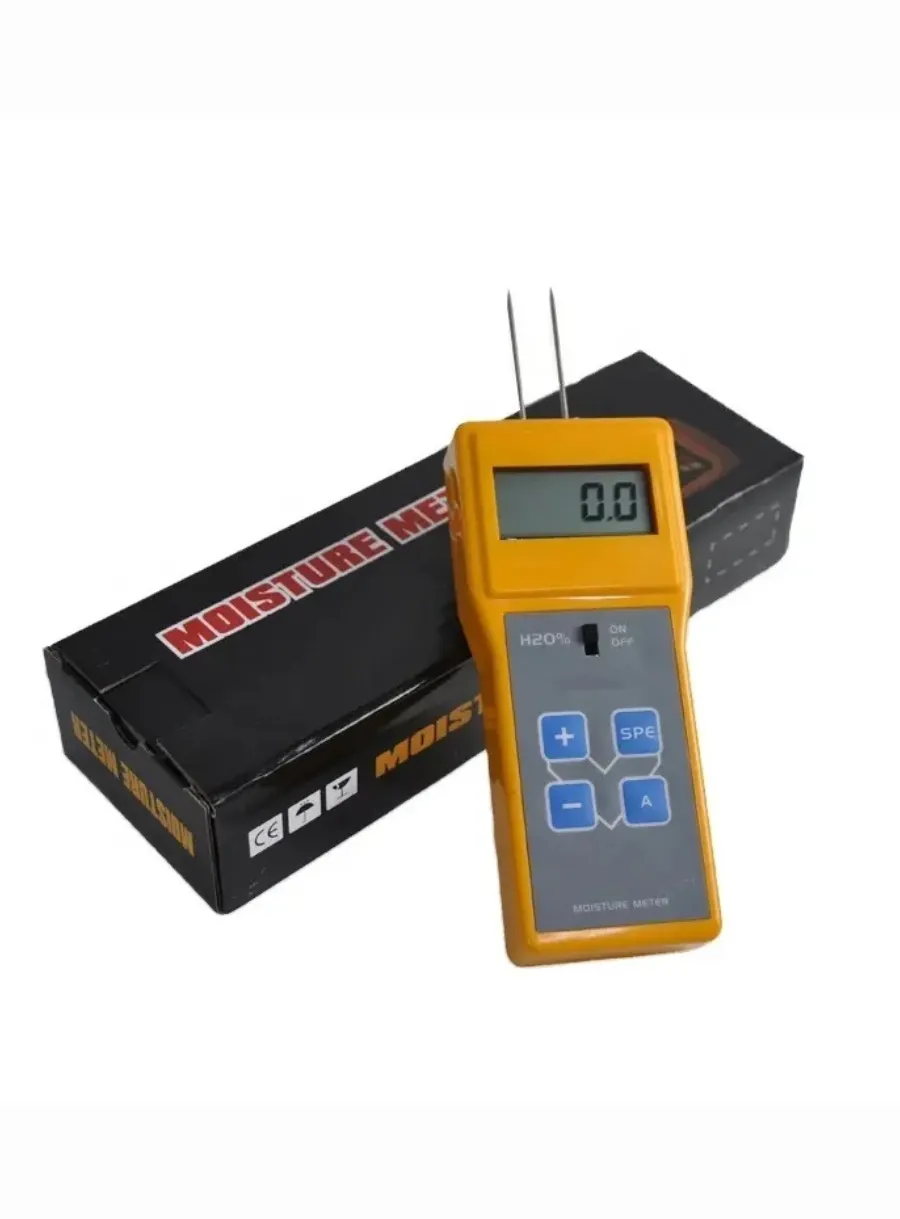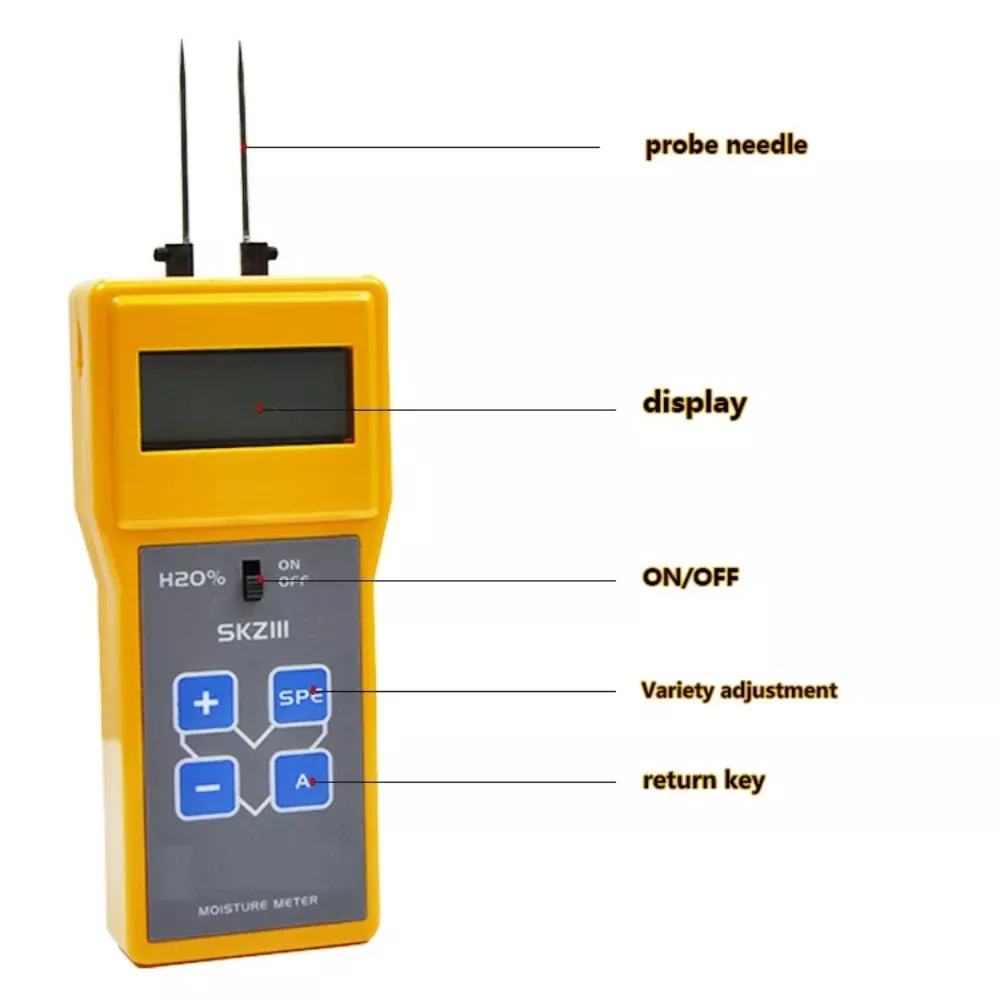
Future Trends of Meat Moisture Meters
Table of Contents

The Meat Moisture Meter Market is poised for significant growth in the coming years, driven by several evolving factors that reflect changing consumer preferences and advancements in technology. Increasing demands for innovative and high-quality products are reshaping the landscape of the industry, pushing companies to adapt their offerings to meet these expectations.
Key technological innovations are expected to play a pivotal role in the future of the Meat Moisture Meter Market. The emergence of automated solutions and standardized protocols for data exchange between process equipment and plant information systems will enhance traceability throughout the supply chain, responding to the heightened regulatory scrutiny and quality demands from retailers. As companies leverage data-driven decision-making, these advancements will enable more effective monitoring of moisture levels, thereby ensuring product quality and safety.

Globalization and Market Expansion
Globalization and the exploration of emerging markets are also crucial factors contributing to market growth. The expansion into previously untapped regions will allow businesses to reach new customer bases and respond to the growing global demand for meat products. This shift necessitates a robust infrastructure that can be supported by diverse stakeholders, including governments and multinational corporations.
Regulatory Landscape
The evolving regulatory landscape is another key driver of change in the meat industry. Stricter international market regulations aimed at ensuring high safety and quality standards will continue to influence production practices. Meat producers must adapt to these regulations, which may require upgrades in measurement technologies such as moisture meters to maintain compliance and competitiveness.
Consumer Preferences
In parallel, the market is witnessing a notable shift towards plant-based and lab-grown alternatives, prompting traditional meat producers to rethink their strategies. As consumers become more health-conscious and environmentally aware, there is an increasing interest in products that align with these values. This trend will necessitate further innovations in measurement technologies that support the production of both conventional and alternative meat products.
Comments
Tags
Frequently Asked Question
Key factors include technological advancements, globalization and market expansion, evolving regulatory landscape, and shifting consumer preferences.
Technological advancements, such as automated solutions and standardized protocols for data exchange, are enhancing traceability and enabling more effective monitoring of moisture levels to ensure product quality and safety.
Globalization and the exploration of emerging markets are contributing to market growth by allowing businesses to reach new customer bases and respond to the growing global demand for meat products.
Consumer trends towards plant-based and lab-grown alternatives, as well as stricter international regulations, are prompting traditional meat producers to adapt their strategies and innovate their measurement technologies to maintain compliance and competitiveness.


